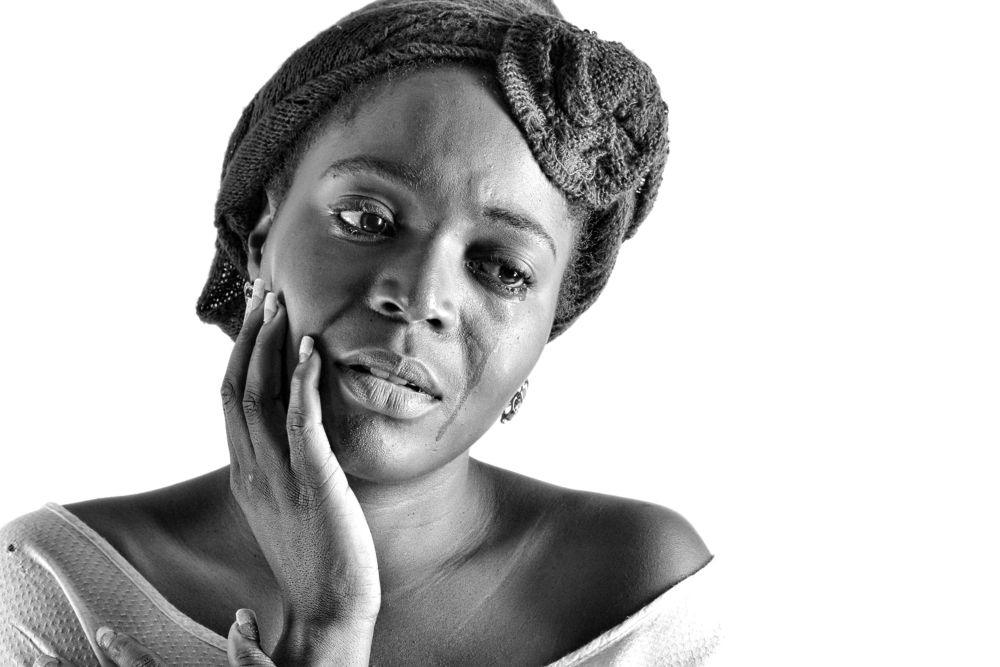If you’ve ever been in a season of grief, you’d know at least two things: First, that humans can be incredibly kind and supportive, and secondly, that their kindness might not be useful to you in processing your grief. I’m not saying there’s necessarily a 5-point step or agenda to help people cope with pain or loss, but sometimes, what you need is an opportunity to rail against the invisible anchors of the universe, to ask the questions that threaten to combust if you hold them in. Yes, we know that everything happens for a reason, and yes, we know that as humans, we appear helpless to the machinations of life. But, while it is great to have faith, it is not always helpful to mumble ‘it is well’ and call it a day. As someone recently grappling with somewhat of a distant loss, and the horror of why certain things happen to very good people, I want to share some of the questions that have helped me in the past and has helped me now to assert my humanity.
Why Did This Happen to Me?
We live in a world that leaves no room for self-pity. All your life coaches and productivity mentors will tell you that holding a pity party keeps you trapped in the problem. Many times, they are right. However, sometimes, you need to sit with the pain of loss, to feel everything you are supposed to feel. Asking a seemingly futile question such as, ‘why me?’ can help you evaluate habits you have that you consider make you undeserving of certain hardships—it gifts you with increased self-awareness. It even brings the opportunity to target the question to an invisible force, regardless of what kind of faith or non-faith you subscribe to. It also makes you see that the world has no respect for rules, or performance or perfection. Whatever we do, however we choose to live, the lifestyle itself should perhaps be its own reward.
Is Life Even Fair at All?
If you are slightly perceptive, chances are that you’ve asked this question in the recent past. It’s not just about what happens to you, but about what happens to others; how the world moves and bends. Asking if life is fair means, you have witnessed an injustice, and many times this is what death or loss feels like—injustice.
How Could God Let This Happen?
Depending on how conservative you are, you might be socialized to think it is an abomination to ask questions. Especially if those questions are targeted at God or at your idea of a deity. But there is nothing wrong with pointing a finger up and railing about God. Questions are honest, and if you are not asking them, it could mean you don’t believe that he cares enough about your loss to witness or accommodate your rage. So let the question out. Does God care, and if he does, why do bad things happen?
How Do We Go on Living?
The irony of death or loss is that life resumes undeterred. Your friend or relative is no more, but time doesn’t care much, and your boss won’t care for too long. Eventually, the supportive crew will slinker out of your home back to their own lives with its demands. It can be really overwhelming to continue with the status quo, when the people you miss are still gone, or worse, when you are consumed with the thoughts about the seeming futility of life. It’s, therefore, okay to ask yourself, how will I survive this, what do I need to do to make it through the day.
Will The Pain Ever End?
A writer once wrote that grief is never linear. It moves in circles; it rides in waves. This means that some days will be better than others. In fact, some weeks and months will feel almost normal. Then, suddenly, the sense of loss, of loneliness might come pouring in again. It’s okay to rail at the pain, to ask when it will stop, when you will be left with a semblance of peace. Remember, you might not have the answers, but you’ve earned the right to ask these questions.
Finally, the point of these questions is not to have answers. It is to find meaning in the disruption, to live honestly, even when in pain. Every good question is an invitation into risk—it asks you to be honest, to let go of what you know, to expand your empathy and maybe, above all, to surrender to the unanswerableness of life.
